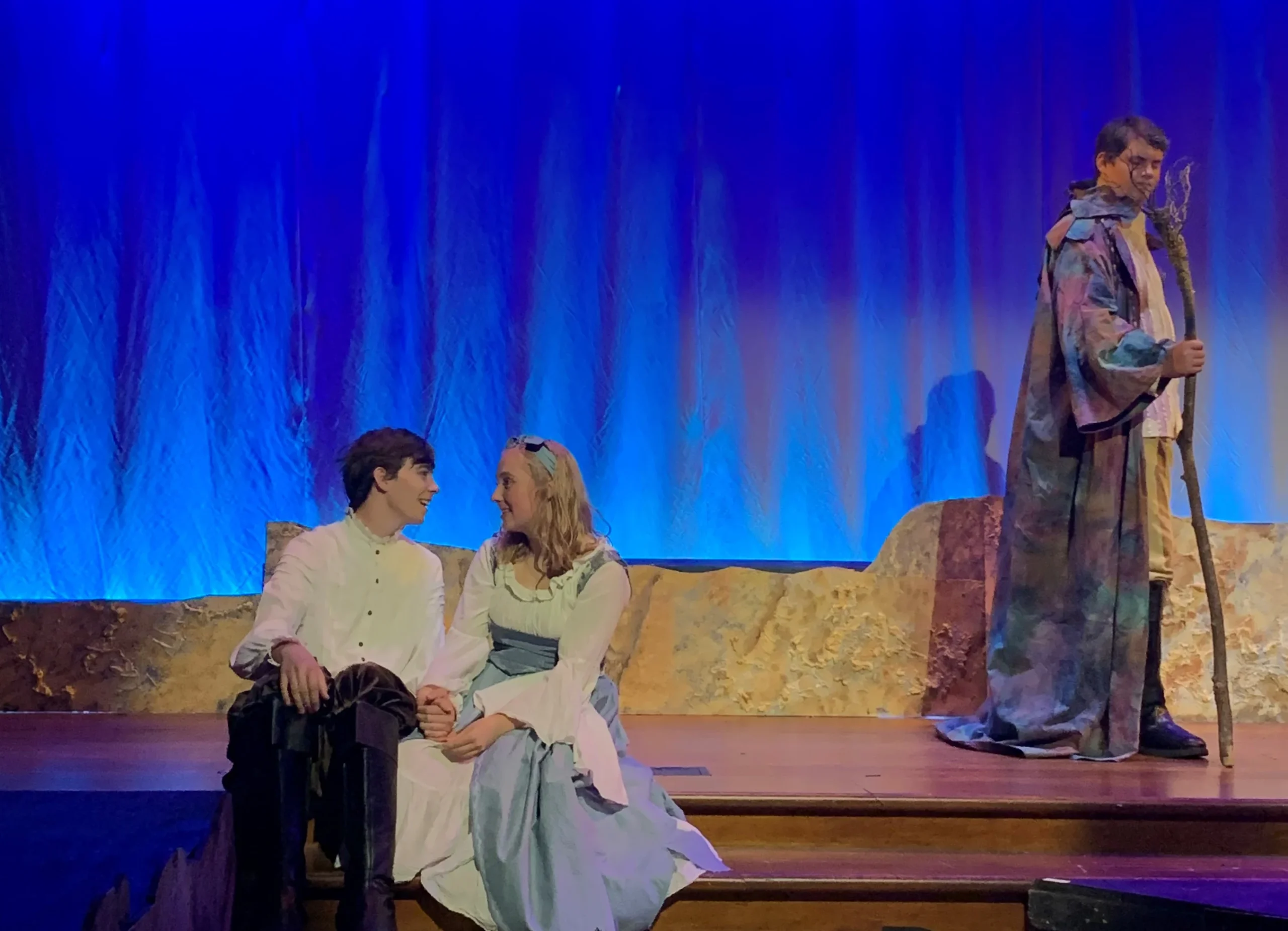Shakespeare’s The Tempest: Director’s Note

The heart of any great work of art or literature is its ability to communicate, reflect, and comment on the human experience. Playwright Oscar Wilde once wrote, “I regard theatre as the greatest of all art forms, the most immediate way in which a human being can share with another what it means to be a human being.” You might say an actor’s job, in a sense, is to hold up a mirror to his audience, not to “fake it” or imitate but to behave truthfully in imaginary circumstances that both affirm and affect.

The Tempest revolves around Prospero – the once-beloved Duke of Milan (pronounced Mill-uhn in Shakespeare’s world) – usurped by his sister and now an exiled, marooned magician. By happenstance, those who betrayed him are on a ship close by, and in his revenge, he conjures up a storm to bring his adversaries to the island for a reckoning.
At the beginning of the show, Prospero is fueled by his desire to control. He uses his magic to manipulate and instill fear in those around him. And even worse, believes he is justified. Once his enemies are ashore, his servant, Ariel, the island native-spirit, enforces punishment on his enemies. At first, fueled by his desire for revenge, Prospero uses his magic to manipulate and instill fear in those around him, thinking this will bring him freedom from his wounds and captivity. He comes to realize it only feeds his bitterness, and that the way out is actually through forgiveness. Of all the magic and illusion on Prospero’s island, this might be the most beautiful scenario he renders.

There is no pretense, no grandiosity. It is pure. It is simple. It is honest.
When I would simply read Shakespeare, I thought it was boring. Lofty and irrelevant. Directing/performing it is a wholly different experience.

Come see our private school in Colleyville, TX, for yourself.
We’re happy to answer questions, introduce you to students and staff, and show you around our campus.
